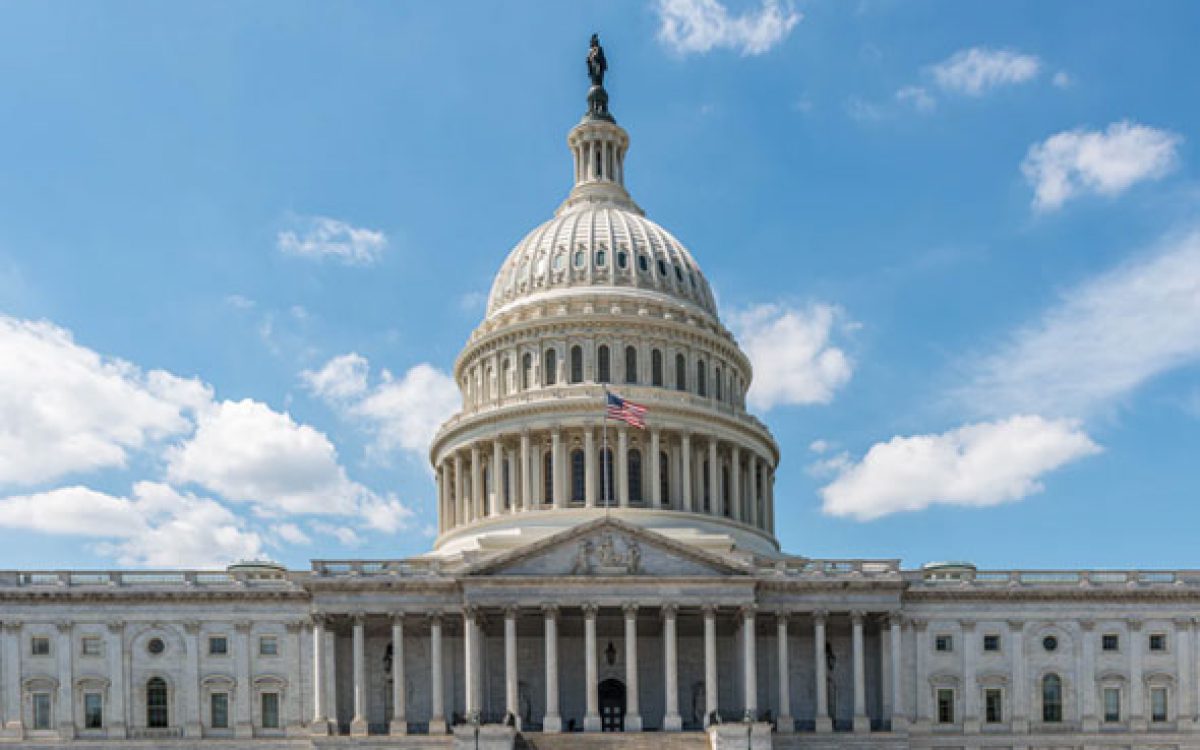On Saturday, March 14th, The House of Representatives passed emergency legislation (after consultations with the White House) to address the growing effects of the COVID-19/coronavirus and to cushion the economic blow to the most vulnerable Americans. The legislation includes a series of measures intended to bolster the safety net for families and workers whose livelihoods and health are affected by the virus, including the following:
- The measure gives some workers two (2) weeks of paid sick leave and up to three (3) months of paid family and medical leave, equal to no less than two-thirds of their pay. But those benefits only apply to employees of businesses with fewer than 500 employees, or the government, who are infected by the virus, quarantined, have a sick family member or are affected by school closings. Large employers with 500+ employees are excluded, and the Labor Department will have the option of exempting workers at any company with fewer than 50 employees, if it determines that providing paid leave “would jeopardize the viability of the business as a going concern.” The provision is not permanent but would, instead, expire one (1) year from the law’s effective date if it ultimately passes the Senate and is signed by the President.
- Companies covered by the new sick leave policy will not foot the bill for paid leave. Rather, the government is providing new tax credits to both help offset the costs of accommodating the new mandate and the economic impact of the outbreak.
- The bill includes several waivers that will allow the costs of tests to be covered by insurance and federal government programs. It also includes a 6.2-percentage point increase in federal payments to Medicaid for states. There is also $64 million for the Indian Health Service to cover the costs of coronavirus diagnostic testing for members of federally recognized Native American tribes. The Department of Veterans Affairs would receive $60 million to provide testing for veterans, while the National Disaster Medical System would receive $1 billion to reimburse the costs of testing and services to people without health insurance.
- The bill includes about $1 billion for food security programs aimed at helping those who may struggle to get access to meals during the pandemic, including those who rely on the Supplemental Nutrition Assistance Program, food banks, and the 22 million children who receive free or reduced-price lunch at school. The proposed law also allocates $500 million to help provide nutritious food to low-income pregnant women or mothers with young children who lose their jobs as a result of the coronavirus outbreak, and $400 million to help local food banks purchase, store and distribute food. There is also $100 million to provide nutrition assistance grants to Puerto Rico, American Samoa, and the Northern Mariana Islands and $250 million to provide additional home-delivered and prepackaged meals to low-income seniors who rely on federal programs.
- The legislation provides $1 billion in 2020 for emergency grants to states to assist with processing and paying unemployment insurance. Half of those funds would be used to provide immediate additional funding to all states for staffing, technology and other administrative costs. The other half would be used for emergency grants to states that experienced at least a 10-percent increase in unemployment.
